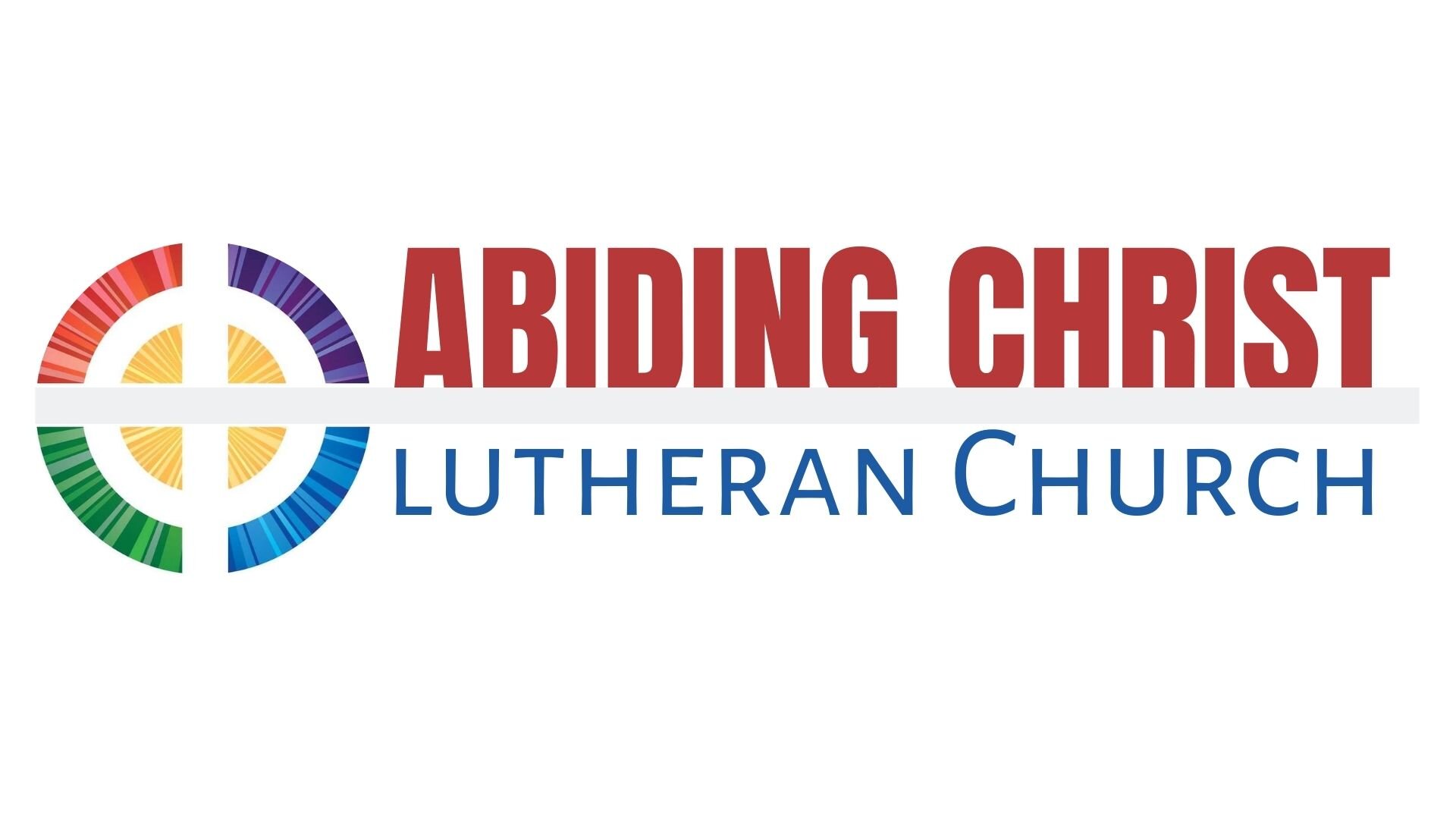To Arrive
O Lord, How Shall I Meet You LBW 23
1 O Lord, how shall I meet you, how welcome you aright?
Your people long to greet you, my hope, my heart’s delight!
Oh, kindle, Lord most holy, your lamp within my breast
to do in spirit lowly all that may please you best.
2 Your Zion strews before you green boughs and fairest palms;
and I, too, will adore you with joyous songs and psalms.
My heart shall bloom forever for you with praises new
and from your name shall never withhold the honor due.
3 I lay in fetters, groaning; you came to set me free.
I stood, my shame bemoaning; you came to honor me.
A glorious crown you give me, a treasure safe on high
that will not fail or leave me as earthly riches fly.
4 Love caused your incarnation; love brought you down to me.
Your thirst for my salvation procured my liberty.
Oh, love beyond all telling, that led you to embrace
in love, all love excelling, our lost and fallen race.
5 Rejoice, then, you sad-hearted, who sit in deepest gloom,
who mourn your joys departed and tremble at your doom.
Despair not; he is near you, there, standing at the door,
who best can help and cheer you and bids you weep no more.
6 He comes to judge the nations, a terror to his foes,
a light of consolations and blessed hope to those
who love the Lord’s appearing. O glorious Sun, now come,
send forth your beams so cheering and guide us safely home.
Text: Paul Gerhardt, 1607-1676; tr. composite
Advent is derived from the Latin word “adventus,” which means “to come to, to arrive.” Paul Gerhardt’s great hymn assumes the Lord is coming. Our preparation does not cause him to come. That was true in Jesus’ time, is true in our time, and will be true at the end of time. This hymn isn’t about our preparation at all, but rather is about God’s coming. God came incarnate in the past, God comes to us now in word and sacrament, and God will come again at the end of time. The only question is, “O Lord, how shall I meet you, how welcome you aright?” Gerhardt’s hymn describes Christ’s work—kindling a lamp within us, giving us a crown, embracing us in love, and guiding us safely home. Advent focuses not on our preparation, but on God’s work for us, coming to us repeatedly to kindle, give, embrace, and guide.
Prayer: O Lord, we thank you that you came, that you come today, and that you will come in the future. Help us to welcome you aright. Amen.

